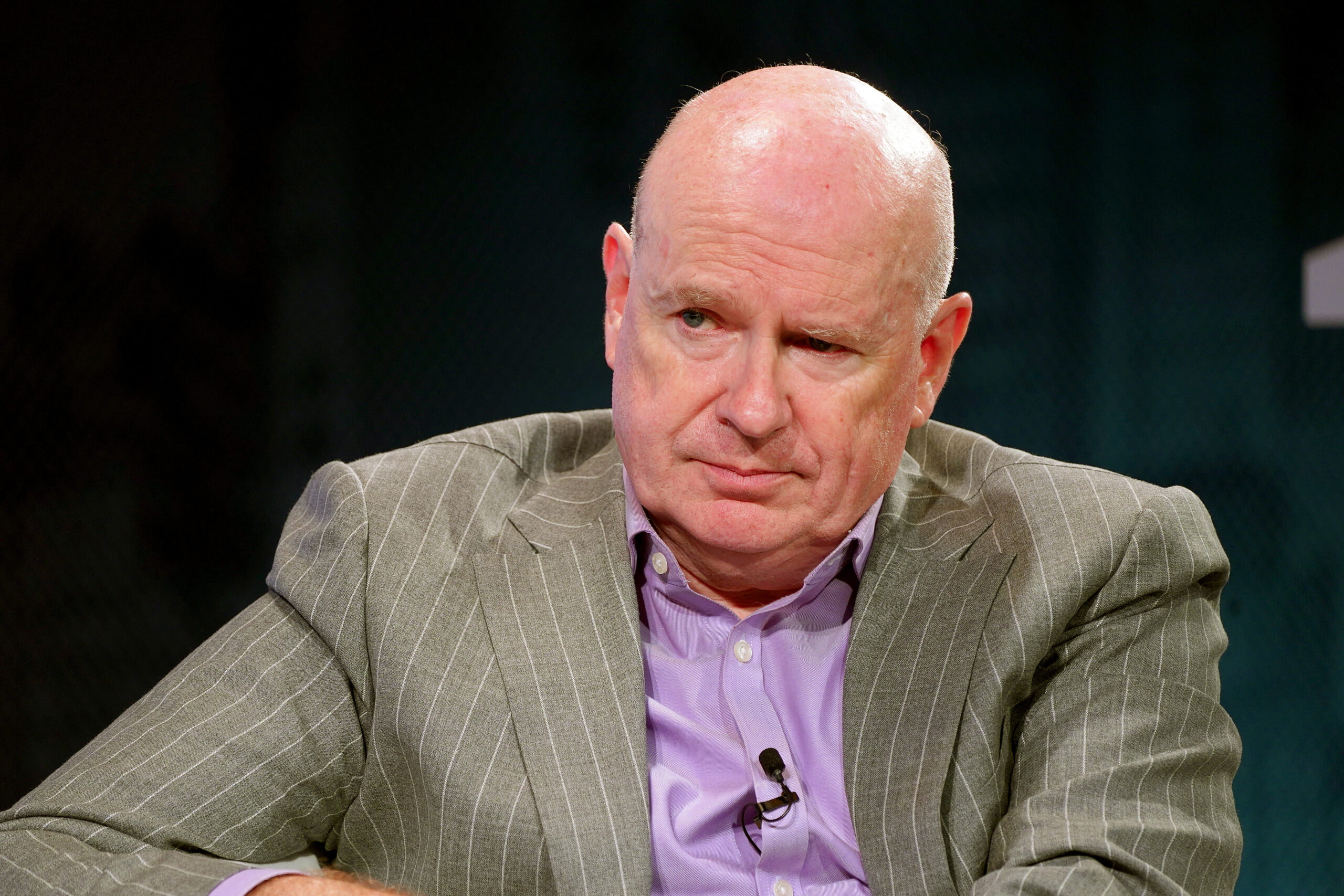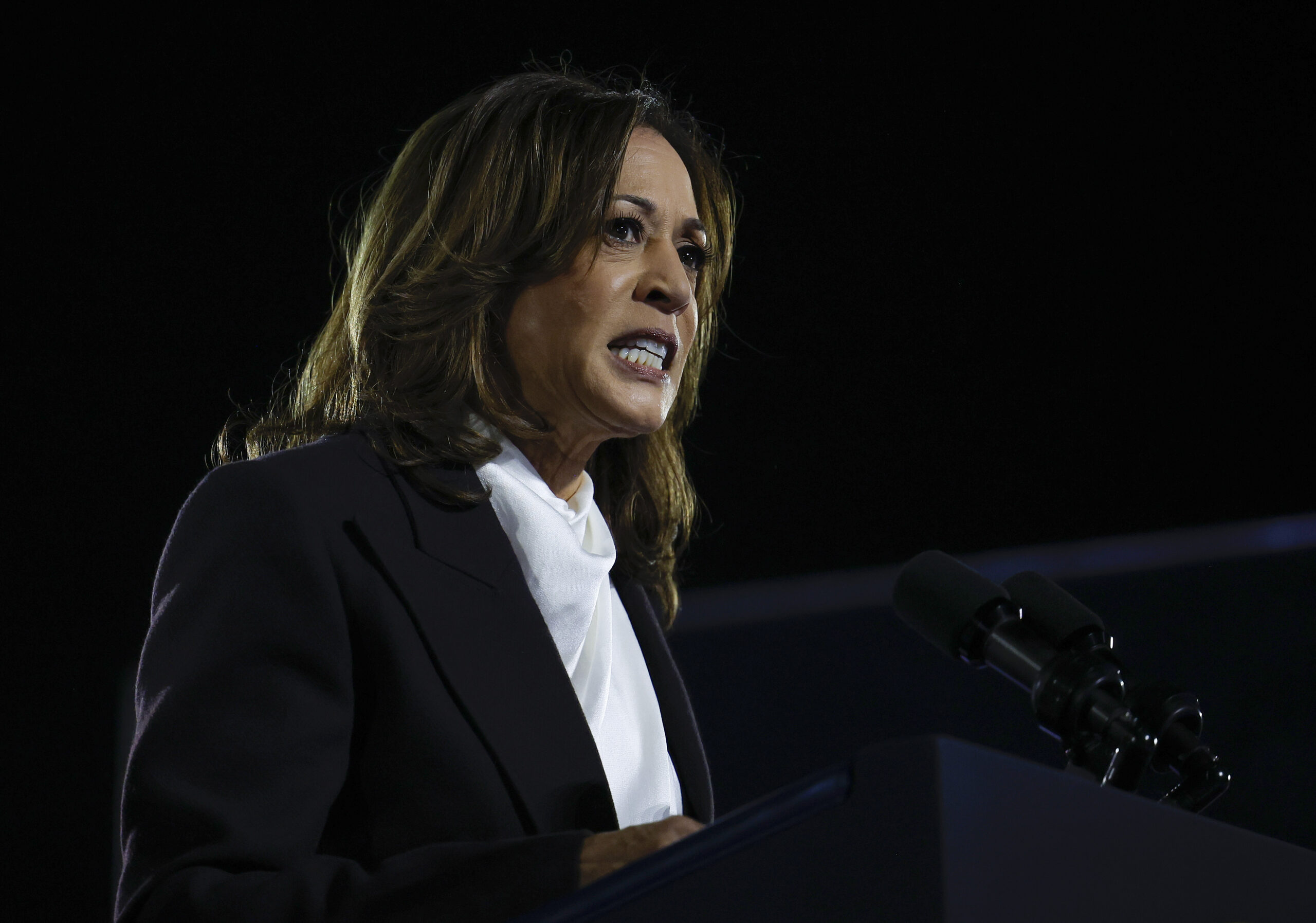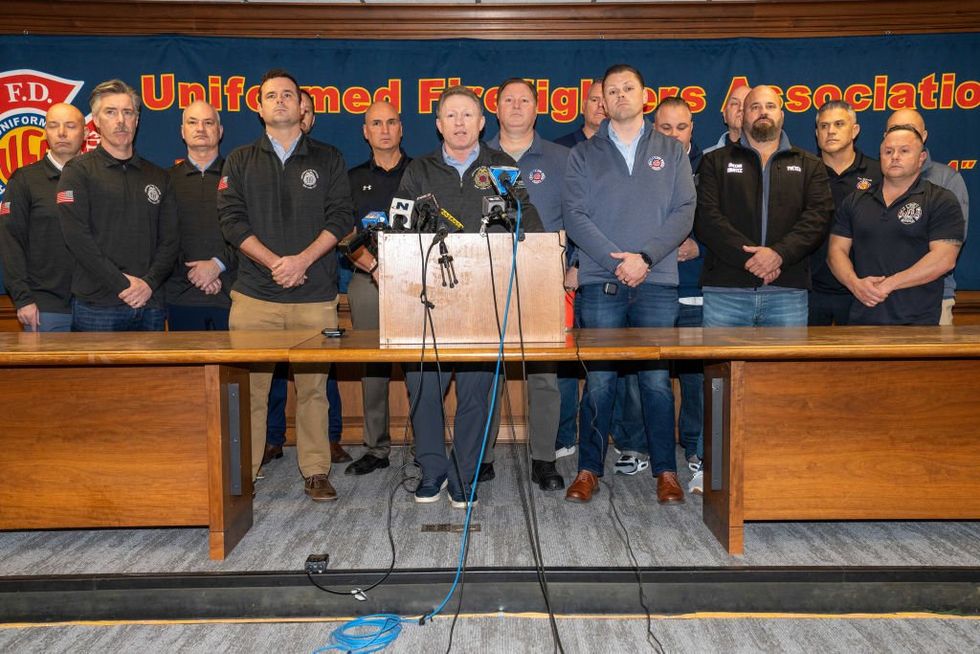The Media Learned Nothing After Trump’s First Victory, WSJ Editor Says
Media outlets across the United States spent nearly all of the 2024 election cycle trying to ensure President-elect Donald Trump would lose. But this laser focus only resulted in further damage to their reputations, a Wall Street Journal editor says. Gerard Baker, the Journal’s editor-at-large, spoke with Morning Wire about how the media’s failure to ...

Media outlets across the United States spent nearly all of the 2024 election cycle trying to ensure President-elect Donald Trump would lose. But this laser focus only resulted in further damage to their reputations, a Wall Street Journal editor says.
Gerard Baker, the Journal’s editor-at-large, spoke with Morning Wire about how the media’s failure to learn from Trump’s victory in 2016 caused them disaster in 2024.
“Well, if you recall, after the shock of the 2016 election, when Donald Trump won despite the media telling us that there was virtually no chance of that happening,” Baker told Morning Wire host and Daily Wire editor-in-chief John Bickley.
“We had those famous probability indicators saying that Hillary Clinton had a 90 percent chance of winning. The shock that so many American media companies discovered that there were so many people in this country who wanted to vote for Donald Trump, even though they didn’t know it, the media companies didn’t know it.”
Baker noted that after Clinton’s loss in 2016, some media outlets vowed to learn more about the people of America – to essentially leave their echo chamber that was so vastly out of touch with American voters.
“The editor of the New York Times at the time said that was one of his priorities after 2016, [was] to know more about the country,” Baker explained. “They kind of went forth in the manner of 19th century anthropologists venturing into darkest Africa to discover who these people were who voted for Trump. And they presumably found them and then we didn’t really hear very much more from them except when we got to the election campaign of 2024 and we sort of were just told by so many of these media organizations that Trump supporters were a lot of fascists.”
Baker said this disconnect leads to the question of what these media companies had been doing for the previous eight years, if not learning about the American voter. Of course, he said, it is clear what they have been doing: they’ve learned nothing, changed nothing, and continued their “vilification of Donald Trump.”
Baker noted that not only did most journalists not vote for Trump, but they didn’t even know anyone who voted for Trump, because they live in such a tight political bubble. So, what was very interesting about the 2024 election is just how much of a shift toward Trump there was in Blue areas.
“[W]hat we saw in this election was actually really significant gains for Trump and for the Republicans in some of these places where these journalists are concentrated,” Baker said. “We have seen this remarkable phenomenon, big gains for Trump compared with 2020 in places like New York City and Chicago and San Francisco and L.A.”
As to whether this latest election loss will finally force a reckoning among mainstream media outlets, Baker isn’t so sure.
“I think they’ll go through a little bit of the soul searching they went through in 2016,” Baker said. “But I think that the die is cast…the staff of these news organizations is just so monolithically left of center, and not just left of center, but committed, as I say, in a kind of an activist way, that I don’t really see that unwinding.”
At the same time, though, Baker said competing news organizations – like The Daily Wire – could force these other networks to be less partisan.
“So, I think that the market will, actually, A, develop new platforms and new products, and B, in the process, might actually force these, the owners of these media properties that we’ve seen, again, like the L.A. Times and the Washington Post, to say, ‘you know, not only do I think it’s right that we should be more balanced and that we should appeal to more readers, but actually I think it’s in our business interest that we should [be] too.’”
You can listen to the full interview on Morning Wire.
Originally Published at Daily Wire, World Net Daily, or The Blaze
What's Your Reaction?

































































































